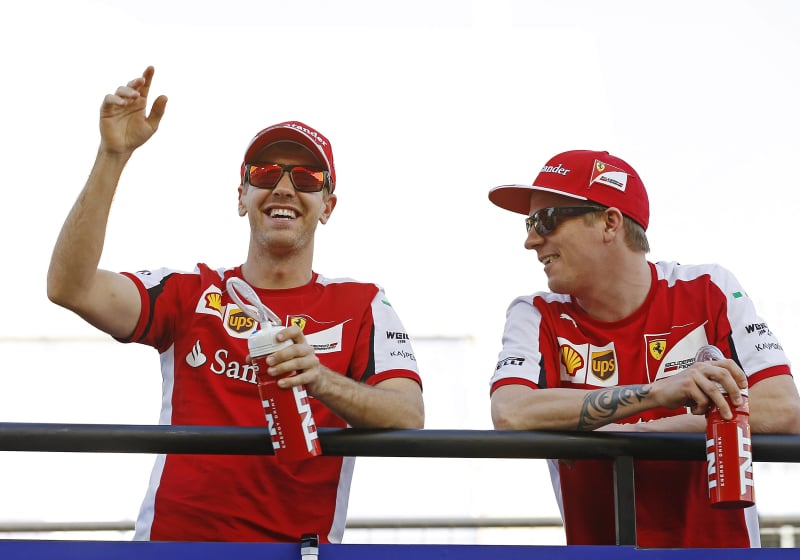
F1 News & Gossip
The F1 legend that got 'told off' over Top Gear appearance
- Yesterday 22:56
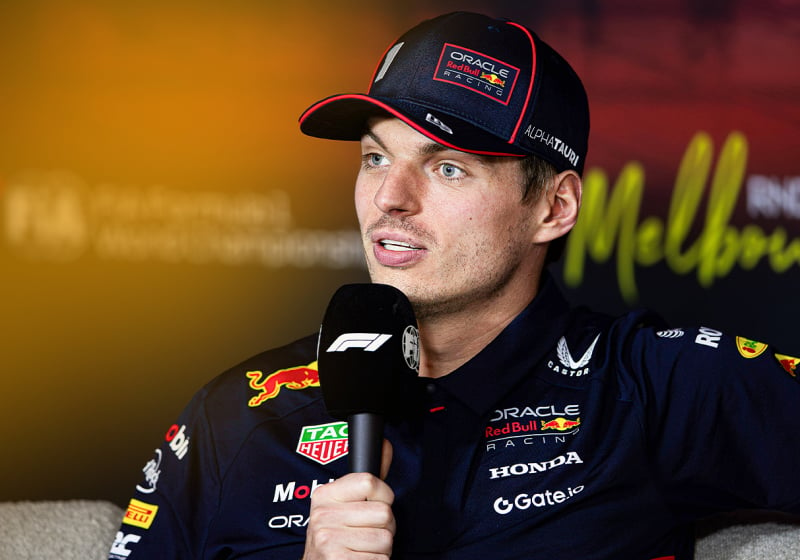
Max Verstappen
Max Verstappen issues early retirement threat to F1 unless crucial change is made
- Yesterday 20:26
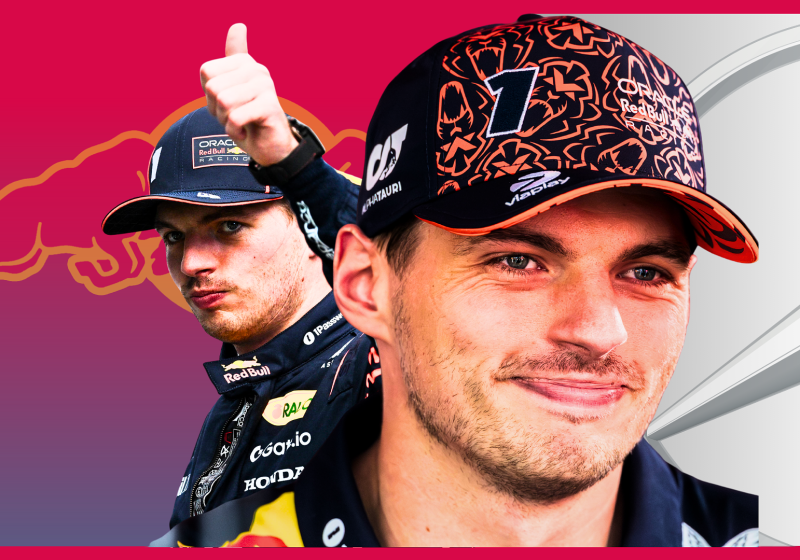
Max Verstappen
Eagle eyed F1 fans spot hidden message in new Max Verstappen number
- Yesterday 19:43

Lewis Hamilton
Lewis Hamilton admits F1 racing made him miserable
- Yesterday 18:56
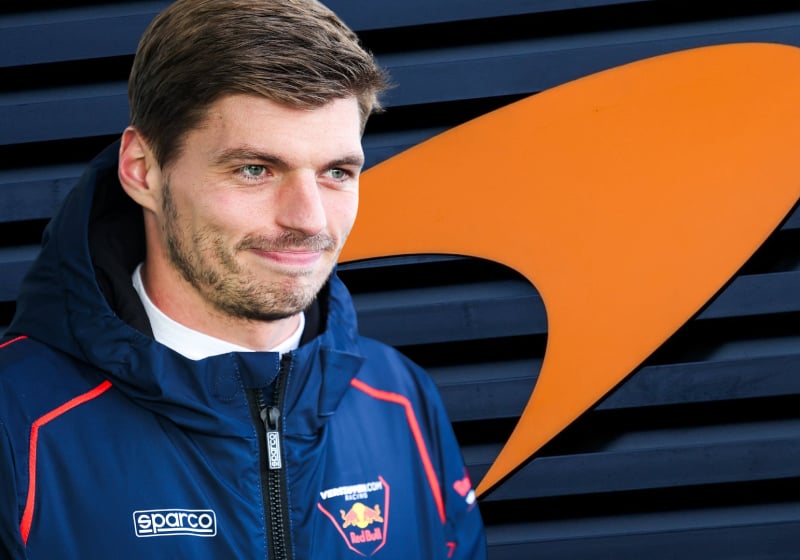
Max Verstappen
Max Verstappen doubles down on humiliating McLaren comments
- Yesterday 16:58









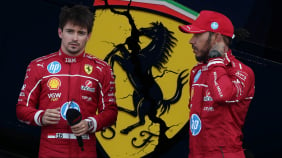
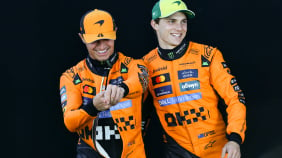
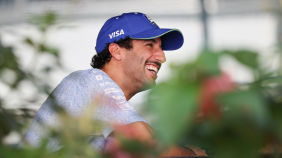
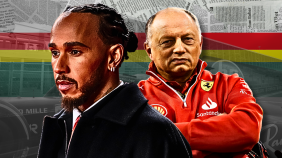


















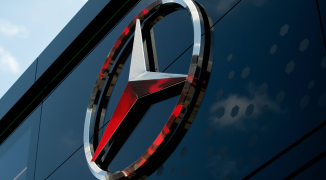
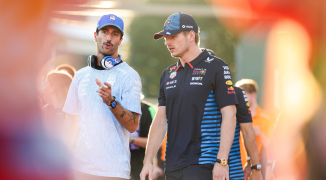













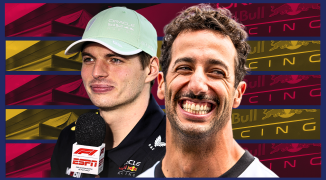













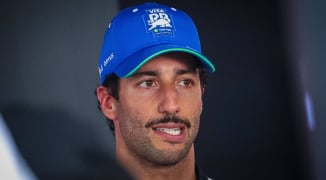
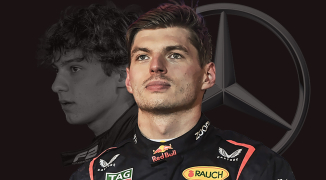











 Grand Prix of Australia 2025
Grand Prix of Australia 2025  Grand Prix of China 2025
Grand Prix of China 2025  Grand Prix of Japan 2025
Grand Prix of Japan 2025  Grand Prix of Bahrain 2025
Grand Prix of Bahrain 2025  Saudi Arabian Grand Prix 2025
Saudi Arabian Grand Prix 2025  Grand Prix De Monaco 2025
Grand Prix De Monaco 2025  Gran Premio de Barcelona-Catalunya 2025
Gran Premio de Barcelona-Catalunya 2025  Grand Prix du Canada 2025
Grand Prix du Canada 2025  Grand Prix of Austria 2025
Grand Prix of Austria 2025  Grand Prix of Belgium 2025
Grand Prix of Belgium 2025  Grand Prix of Hungary 2025
Grand Prix of Hungary 2025  Grand Prix of Azerbaijan 2025
Grand Prix of Azerbaijan 2025  Grand Prix of Singapore 2025
Grand Prix of Singapore 2025  Gran Premio de la Ciudad de Mexico 2025
Gran Premio de la Ciudad de Mexico 2025  Grande Prêmio de São Paulo 2025
Grande Prêmio de São Paulo 2025  Qatar Grand Prix 2025
Qatar Grand Prix 2025  Grand Prix of Abu Dhabi 2025
Grand Prix of Abu Dhabi 2025 